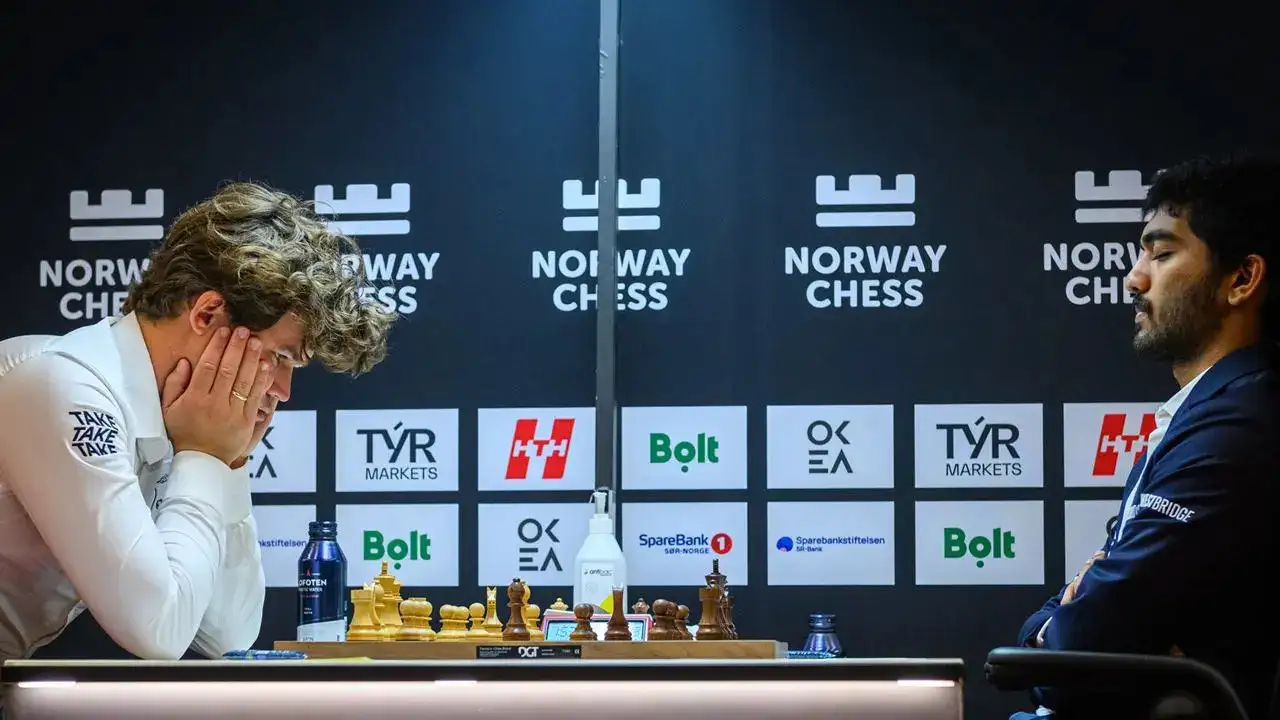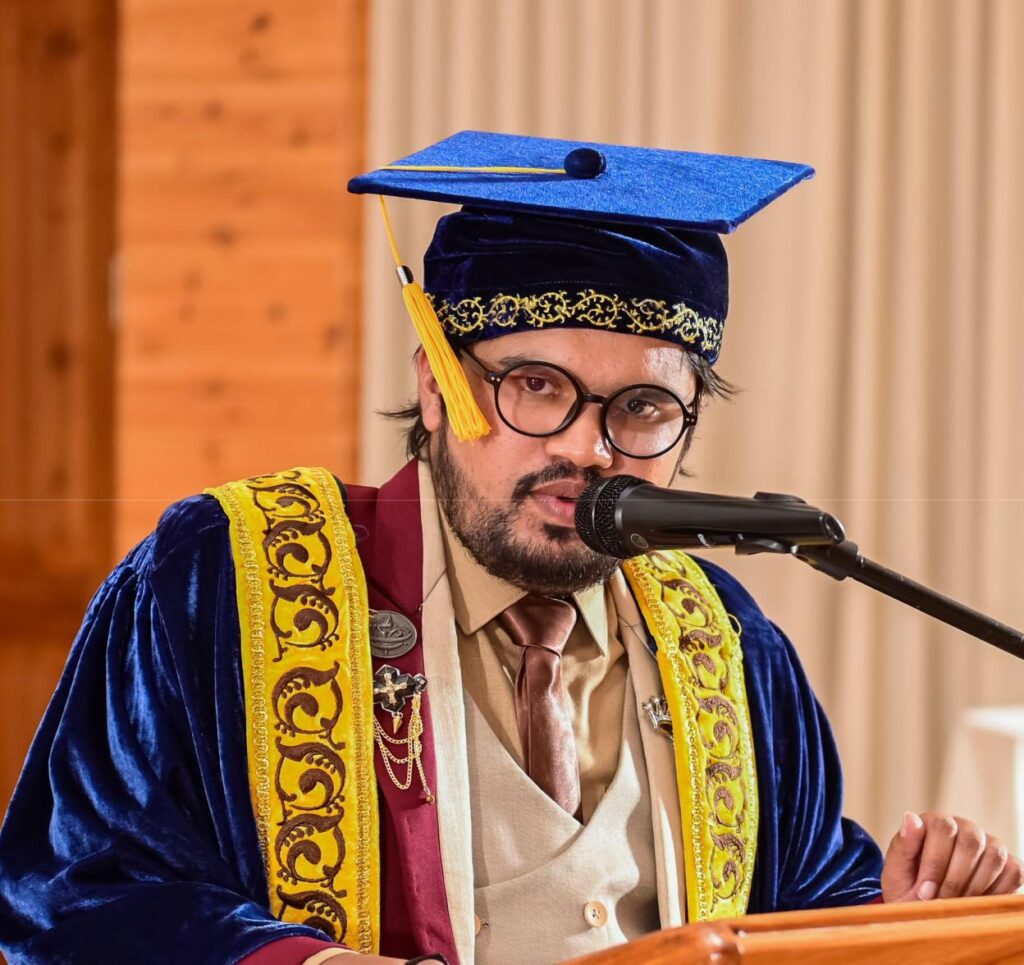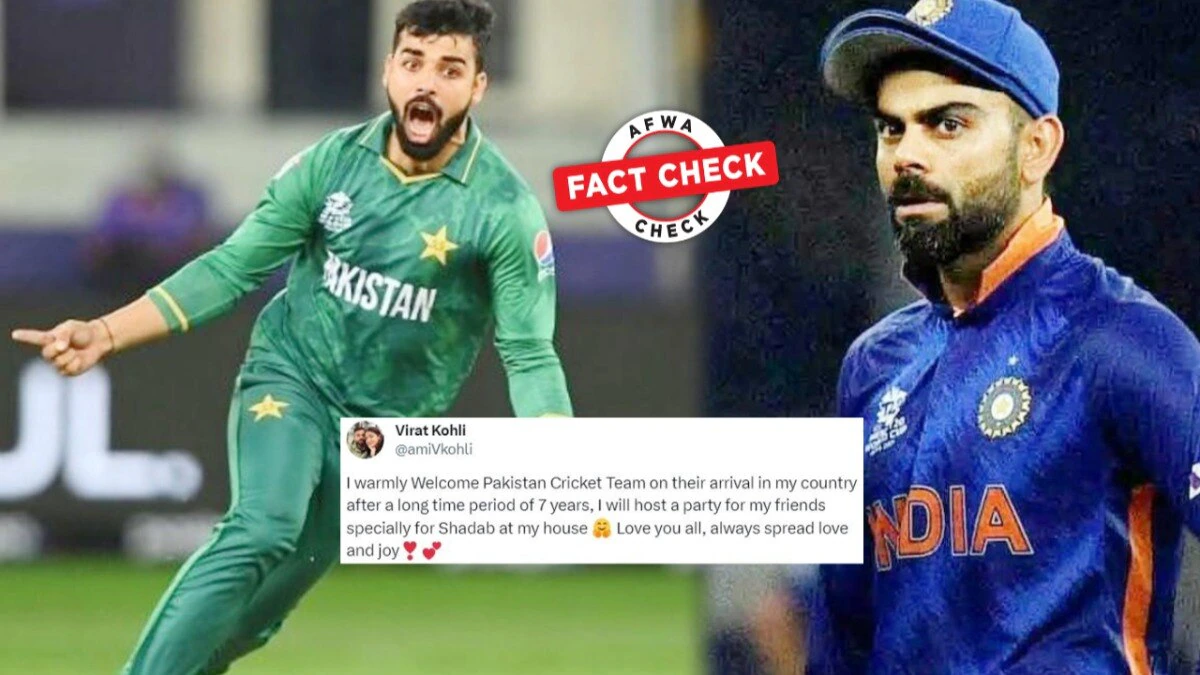Now Reading: Norway Chess 2025: What the New Format Means for the World Chess Scene
-
01
Norway Chess 2025: What the New Format Means for the World Chess Scene
Norway Chess 2025: What the New Format Means for the World Chess Scene

Norway Chess 2025 is returning with a revamped structure, dropping the separate women’s edition and freestyle formats. This shift has sparked discussions among chess enthusiasts globally and in India, including Tier 2 cities where chess has a growing following. The new format focuses entirely on classical, standard matches, aligning with the broader World Chess Championship tour and aiming to test players’ strategic depth and consistency.
Changes in Format and Participation
The 2025 edition will feature the top-rated grandmasters competing in classical time controls, eliminating the freestyle rounds and a distinct women’s tournament. Organizers aim to streamline the event and enhance competitiveness, ensuring every participant faces rigorous, standardized challenges. While some critics argue this limits opportunities for diverse participants, the focus on elite classical play reinforces Norway Chess as a key stop in the championship circuit.
Implications for Indian Chess Fans and Players
India, with its rising chess talent and active chess communities in Tier 2 cities, follows Norway Chess closely. The format changes may influence how Indian players plan participation and training for international tournaments. Fans, meanwhile, can expect more intense, high-quality games as grandmasters showcase their classical skills without alternative formats diluting the competition.
Position in the World Chess Championship Tour
Norway Chess is increasingly seen as a crucial preparatory stage for the World Chess Championship. By emphasizing classical games, the tournament strengthens its relevance and provides players with a platform to test strategies against top global talent. This can affect rankings, qualification, and performance in upcoming championship events.
Conclusion
Norway Chess 2025’s new format marks a strategic evolution in competitive chess, focusing on elite classical play. While it narrows participation categories, it elevates the tournament’s standing on the World Chess Championship tour. For Indian players and fans, the changes promise intense, high-level games and valuable insights into global chess dynamics.

























